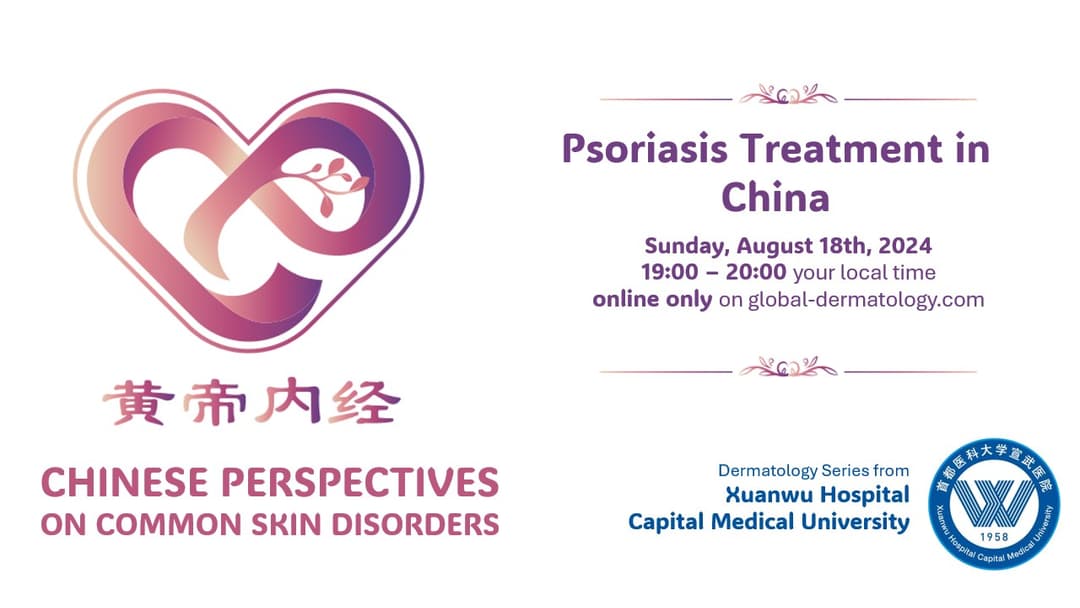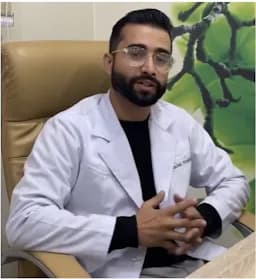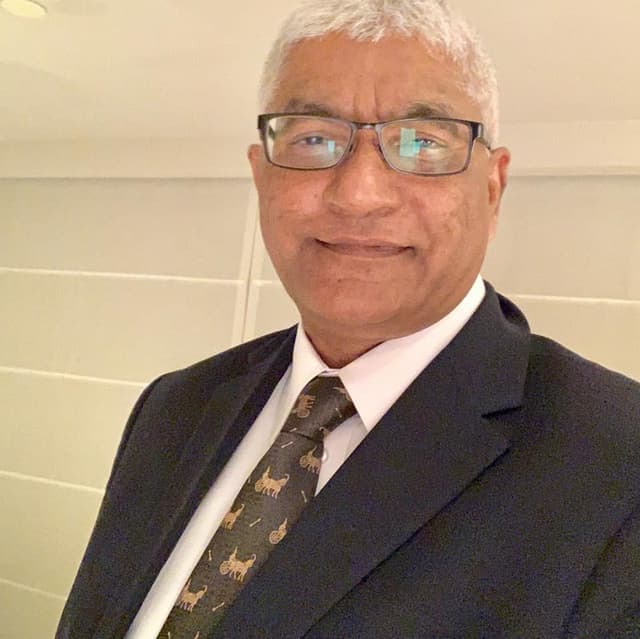
2024-08-18 19-20:00, your local time
Chinese Perspectives | PSORIASISXuanwu Hospital, Capital Medical University, China
Accreditation
Chinese Perspectives | PSORIASIS
global-dermatology.com
2024-08-18
Organized by Xuanwu Hospital, Capital Medical University, China

2024-08-18 19-20:00, your local time
Chinese Perspectives | PSORIASISXuanwu Hospital, Capital Medical University, China
Accreditation
Panel Discussion
19:01 - 20:03






Panel Discussion - Psoriasis
Haiping Zhang (MD, PhD), Maria-Angeliki Gkini (MD. Msc. PhD), YONGHU SUN (MD, PhD), Wei Li (MD, PhD), Dongyun Lei (MD), Yue XIAO (MD, PhD)
PRESENTATION HIGHLIGHTS
,
Might interest you
.jpg&w=640&q=75)
Nail
Nail Disorders Management
Chair: Prof. Noureddine Litaiem, MD
This specialized course offers a comprehensive update on Nail Disorder diagnosis and treatment, featuring six expert-led modules covering inflammatory conditions, infections, cosmetic aspects, tumors, surgical techniques, and pediatric nail disorders.
Through video lectures and self-assessments (10 MCQs), participants will enhance their clinical skills in identifying and managing various nail pathologies. The program is designed for dermatologists and healthcare professionals seeking to advance their knowledge of contemporary approaches to nail disease management.
Format: Online self-paced learning
Assessment: Multiple-choice questions (MCQs)
Outcome: Certificate of completion upon finishing all modules and assessments

Pigmentation
Pigmentation
Chair: Dr Patrick HUANG,
Hyperpigmentation is excess skin color from melanin. Understand melanin synthesis mechanisms and main causes.

Neglected Tropical Disease
Neglected Tropical Skin Diseases
Chair: Dr. Prajwal Pudasaini, MD
Neglected tropical skin diseases affect poor populations in tropical areas. They include leprosy, mycetoma, and cutaneous leishmaniasis, causing disability and stigma. They receive little attention and resources, leading to poor diagnosis and treatment. Increased awareness and improved healthcare access are needed to help affected communities.

TCM Chinese Medicine
Acne Treatment in China
Chair: Prof. Haiping Zhang, PhD
Acne treatment in China combines traditional methods with modern practices.

Dermoscopy
Comprehensive Dermoscopy for Dermatological Practice
Chair: Prof Awatef Kelati, MD
This comprehensive dermoscopy course provides dermatologists and healthcare professionals with essential skills in skin lesion evaluation, covering fundamental principles through advanced diagnostic applications across five key areas: global dermoscopy practices, pigmented lesion analysis (including differentiation of benign and malignant patterns), specialized techniques for skin of color, skin cancer detection (melanoma and non-melanoma), and general dermatological conditions (inflammatory, infectious, and hair/nail disorders). Participants will develop proficiency in recognizing diagnostic patterns, adapting techniques for diverse skin types, and applying dermoscopic algorithms, ultimately enhancing their clinical accuracy through a combination of theoretical knowledge and practical case-based learning. The course emphasizes real-world application, addressing both common and challenging scenarios in dermatological practice.

Psychodermatology
Psychodermatology
Chair: Prof Mohammad Jafferany, MD
This specialized course explores the vital intersection between dermatology and mental health, equipping clinicians with the knowledge and tools to manage psychodermatological conditions effectively. Through a blend of theoretical knowledge and practical application, participants will learn to diagnose and treat dermatological delusional disorders, identify psychiatric comorbidities in skin disease patients, and implement mental health strategies for chronic dermatoses. The curriculum also examines psychological factors in cosmetic dermatology and provides cutting-edge screening techniques for body dysmorphic disorder, including modern digital manifestations like Zoom dysmorphia. Adopting a patient-centered approach, the course emphasizes multidisciplinary management of conditions where psychological and dermatological factors interact. Participants will gain expertise in recognizing psychiatric components of skin diseases, addressing the emotional
burden of chronic conditions, and applying ethical principles in cosmetic practice. The training combines expert instruction with case-based learning to bridge theory and clinical practice. Designed for dermatologists, psychiatrists, psychologists, and primary care providers, this program enhances clinicians' ability to deliver holistic care that addresses both the visible and invisible aspects of skin disorders. Upon completion, practitioners will be better prepared to manage complex psychodermatological cases while improving patient outcomes through integrated mind-skin healthcare.
